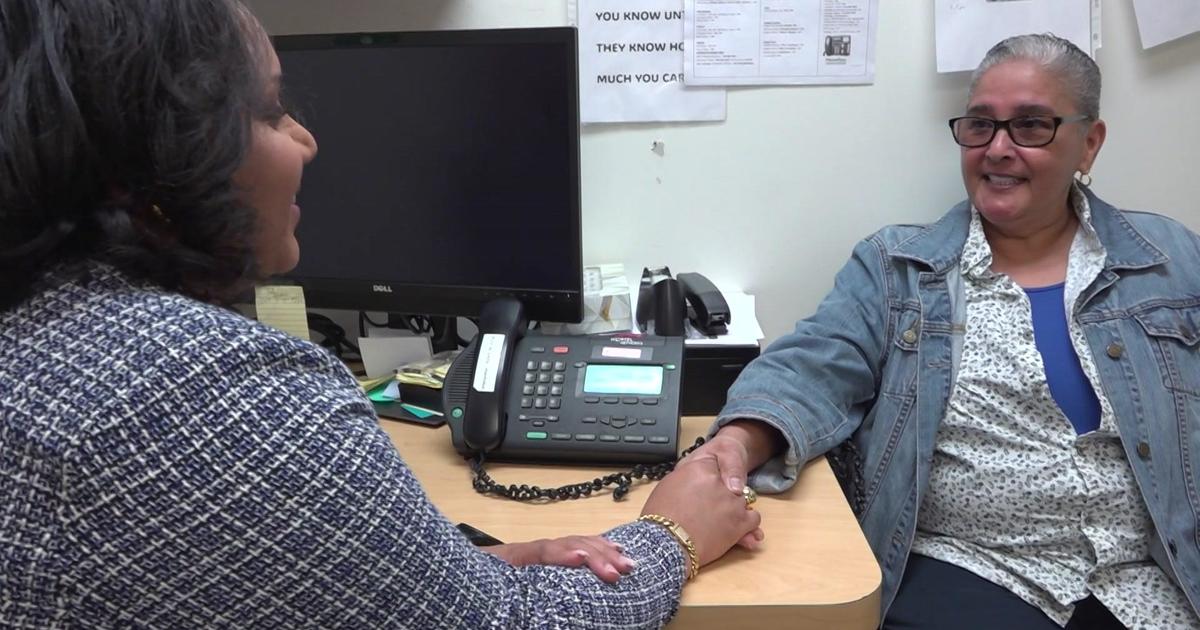5 Ways To Buy Health Insurance Without A Government Exchange
The heart of the Affordable Care Act (ACA), the Health Insurance Marketplace, opened on October 1, and offers Americans a new way to purchase health insurance, but it is not the only way. Many Americans are reluctant to enroll in a health plan through a government exchange, either for ideological reasons or for privacy concerns.
The launch of the Healthcare.gov website has not gone smoothly, and users are currently finding the site slow, or completely frozen, when attempting to view plans and enroll. State sites have been doing generally better, but some not without their own difficulties.
The U.S. Department of Health and Human Services is working on the website issues, and for those with privacy concerns, be aware that you will be providing the same information you provide to the Social Security Administration and the Internal Revenue Service. Government employees operating the health insurance website are bound by the same privacy policies as these other agencies. Healthcare.gov does not collect -- much, if any -- specific or detailed personal medical information.
If you are not reassured by promises of a user-friendly, secure exchange though, you do have other options when searching for health insurance.
1. Enlist the services of an insurance broker.
A licensed broker will know all the ins and outs of the business and will be able to help find the best plan for you and your family. If you find the language of health insurance confusing – deductibles, co-pays, provider networks – this may be your best route. A broker can explain the details of your plan so you aren't hit with unexpected medical bills, and your broker will handle much of the tedious paperwork. Visit the National Association of Health Underwriters website to locate a licensed broker in your area.
2. Compare and purchase a policy online, outside of a government exchange.
One of the advantages of the new health insurance exchanges is the ability to compare products online, but you can online shop for a health plan outside of the exchanges as well. Health insurance hubs such as eHealth provide information about policies available in your area.
3. Check with your employer, even if you are part time.
Although your employer may not offer you health insurance benefits, if the company has more than 50 employees, it most likely participates in a group health plan. Contact the Human Resource office at your job and ask if you can buy into the company's plan at your own expense.
4. Join a group like a trade organization.
If you are self-employed, join a trade organization or union in your field. Check out organizations such as the Freelancers Union for information about membership and available health plans. Business owners may be able to purchase insurance as members of their local Chamber of Commerce.
5. Do some offline legwork.
You can contact health insurance providers directly and inquire about their non-group plans. If you've previously had health insurance, and liked the company, that would be a good place to start. Your state's Department of Insurance can provide you with a list of insurers that are licensed to sell health plans in your area.
Keep in mind that if you choose to purchase health insurance outside of the Health Insurance Marketplace, you will not be eligible for the premium tax credits provided under the Affordable Care Act. These subsidies are available to households with annual incomes less than 400 percent of the Federal Poverty Level – $45,960 for an individual, $94,200 for a family of four. You may calculate your eligibility for subsidies on the exchange by accessing the Kaiser Family Foundation Subsidy Calculator.
Gillian Burdett is a freelance writer covering all things home and living. Her work can be found on Examiner.com.



